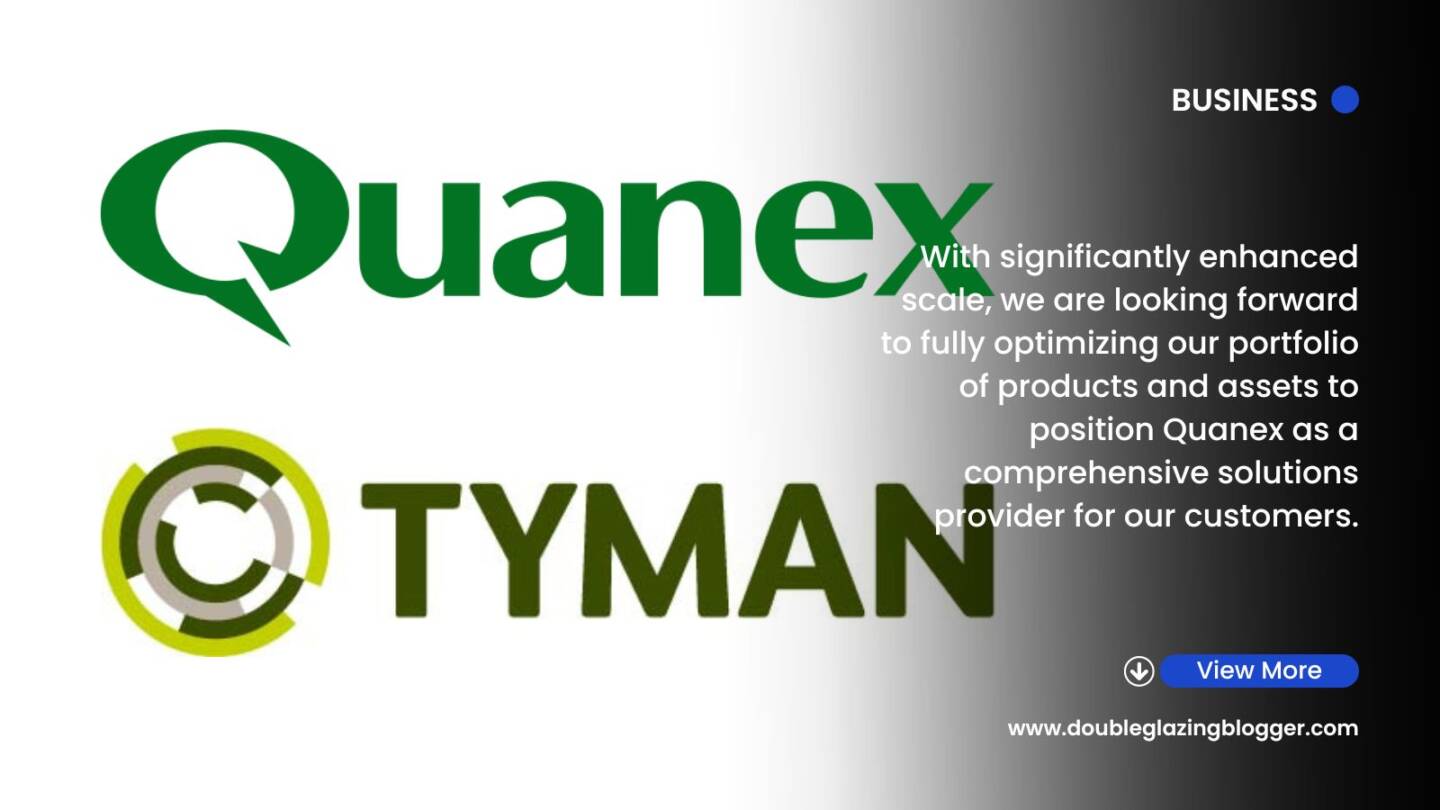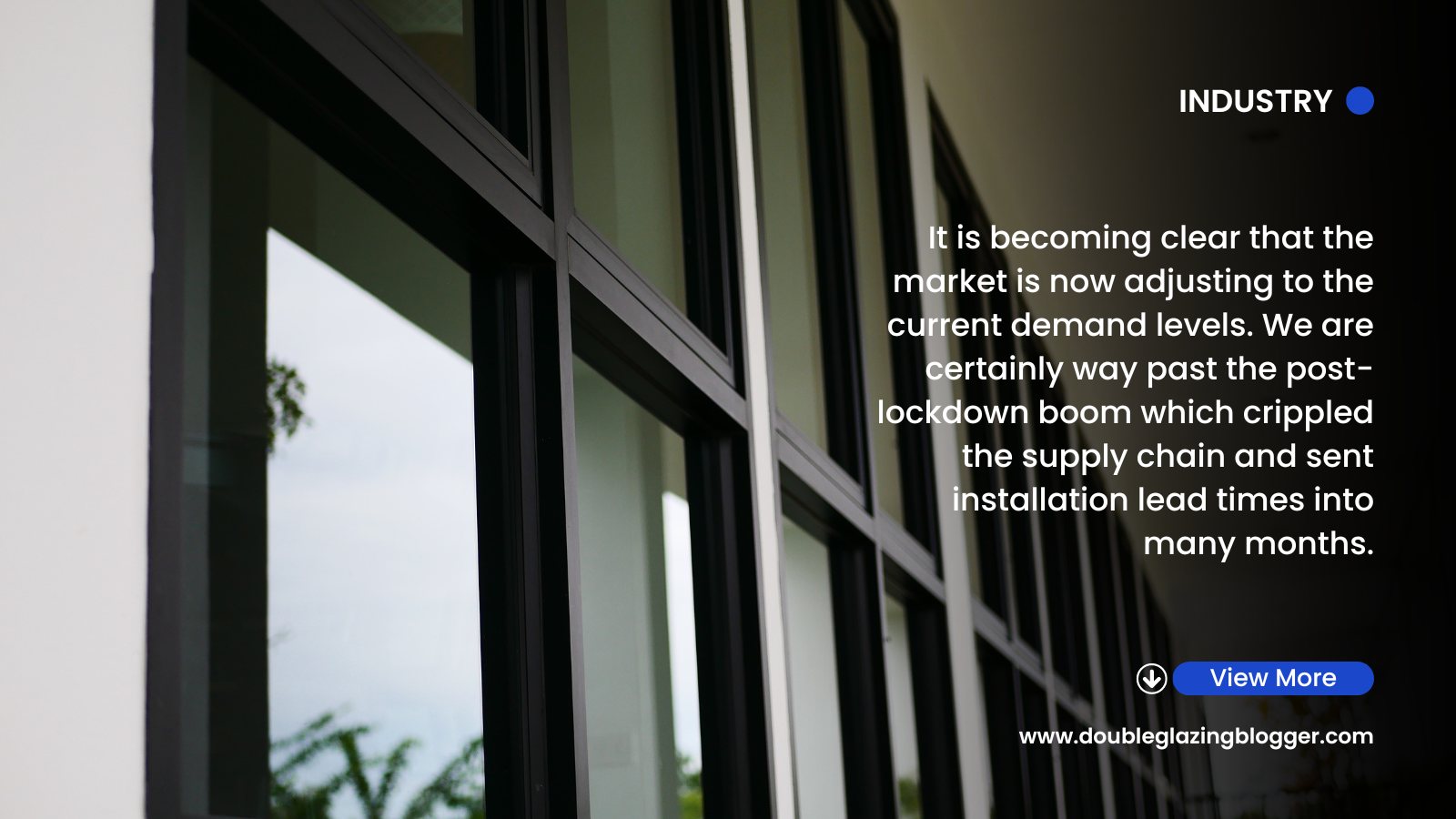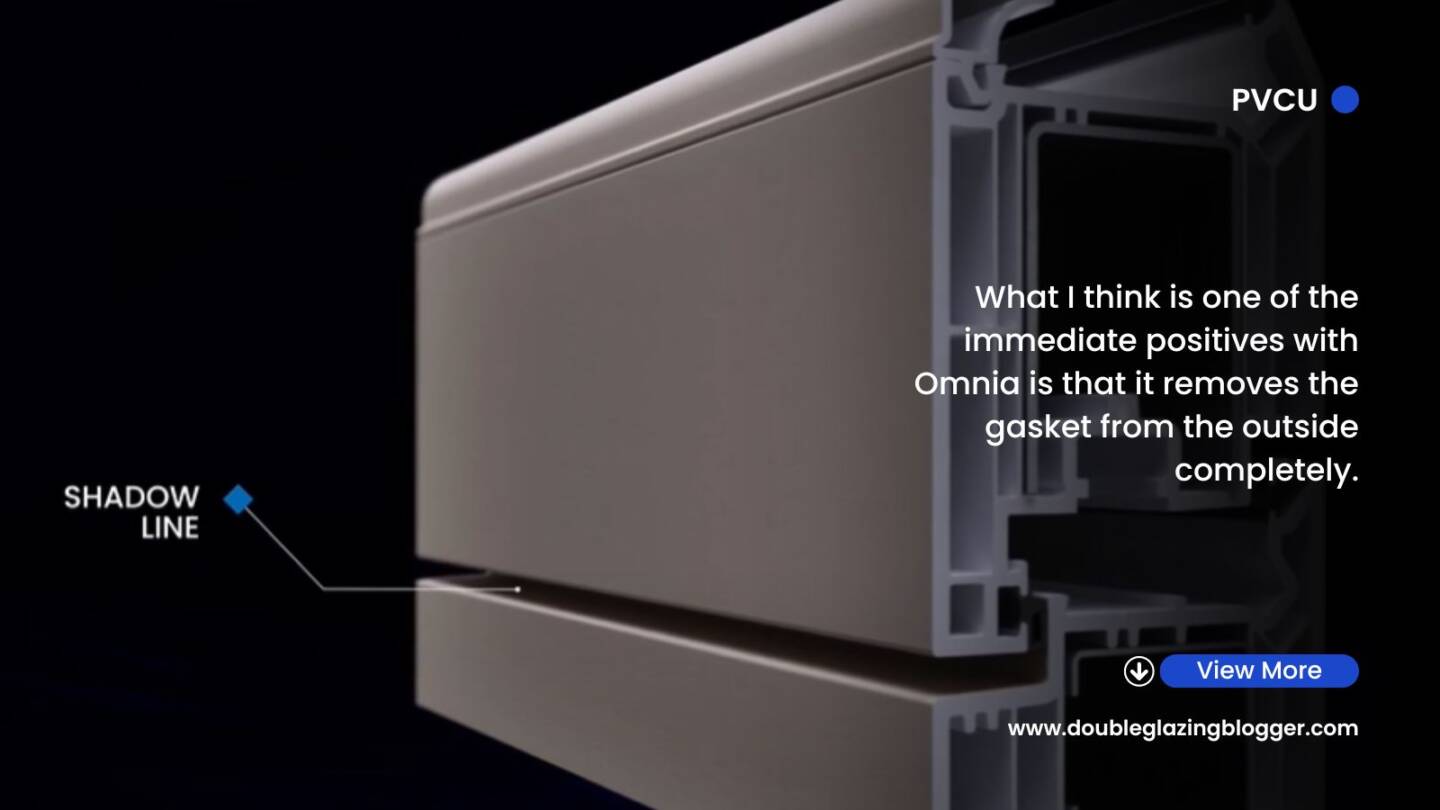2018 was easily the year where we saw the anti-plastic movement take hold. Bars and restaurants ditched plastic straws for paper ones. Sky News really plugged their Ocean Rescue campaign. People swam gargantuan lengths in the sea to highlight the issues of plastic pollution.
There is no doubt that single-use plastics are doing immense harm. So much of it is not disposed of properly, and ends up in the ecosystems that humanity and the planet relies on.
From a fenestration industry perspective, the PVCu part of our market is right in the cross hairs of the anti-plastic. Of all the major issues our industry faces right now, this has to be near the top of the list.
Big recycling boost
No matter where in the supply chain you are, recycling has to be one of your big changes to make this year. As in, do a lot more of it! Due to the mob power of social media, I see a possibility that PVCu could see a growing movement against it’s use as a building material. That would be wrong.
But before I explain why PVCu definitely should not be shunned, it’s our use of any and all fenestration materials that should also be our focus. I’ll use our own business as an example.
Last year we went from using a private skip hire company to a council skip. The big pull for us was the fact that everything that went in the skip was sent to be recycled. Prior to changing our skip supplier, we already recycled our PVCu, timber and aluminium post consumer frames. We had done for a while. But plenty of other things did end up in the skip and we wanted to find out who could help us do more. Turns out our council did exactly what we wanted. If we used their skips, everything that went in there was sent off to a major recycling plant in Selby where it would all be recycled and turned into something else. We were told that it would mean nothing would go to landfill. We were happy with that, and the big bonus is that it was just under half the cost of normal skips from our private providor. So a win-win.
The odd thing about it however was they admitted that they didn’t advertise the service as they didn’t want to become inundated by attracting too many companies as they wouldn’t be able to cope and that they would risk putting smaller private firms out of business. So they didn’t want to go heavy on it. I suspect that they will struggle to keep this under wraps for too long as more and more companies will actively look for services like this.
As an industry, this is one way that we can do more to make our sector more sustainable. I don’t know if every council area will provide a service like this. I guess we are lucky where we are to have it. But, if I were a company in this industry I would be seriously looking at council services to see if they could help boost recycling output and even save some money!
I am happy to say that (providing the council does what they promise) our installations business sends nothing to landfill.
Don’t ditch PVCu
Not that I ever think PVCu would ever be truly dumped by the construction sector, but facts have to prevail over sentiment when it comes to any building material. Remember there is a whole industry supporting tens of thousands of jobs based on the material.
The average lifespan of PVCu windows and doors is around 30 years if looked after. It has been shown that PVCu can be recycled ten times and remade into windows and doors again, which gives the material a potential 300 year span. Not bad. I would like to think that in 300 years time we will have thought of a way to break down PVCu when it reaches the very end in a way that is safe to the environment. A lot can happen in 300 years.
PVCu achieves some of the best energy efficiency ratings and is a clear leader in that field. When we’re all trying to make homes warmer, it makes sense to keep using the material that is best at it.
Remember too that PVCu has undergone some immense change over the past decade, with some companies genuinely offering products that can rival their timber or aluminium alternatives.
Think also of the damage to the industry should PVCu begin to be ditched as a material of choice. Jobs would be lost. Companies would go under. The largest residential part of our market would be under threat. The chances of this happening in the real world are slim, but we live in uncertain times and I don’t think any of us can rule out things going one way or another right now.
The year to recycle
The very best way we can show that our industry is listening and trying to improve is for every single one of us to look at how we dispose of our post-consumer waste now and see how we can improve on it. It doesn’t matter whether you’re an installer, fabricator, systems company or anything else in between. We all have to do it.
We cannot rely on some of the biggest companies to take up the slack for us either. Companies like Eurocell and VEKA are already doing some great work in this field, but they cannot do it on their own.
The advantages are clear. Less of our industry’s waste goes into the ground or into the oceans, and that’s a win for everyone. As an industry we are seen to be proactive and that helps with reputational improvement. We consume less virgin material, which is a win for sustainability. We create a whole new industry within our own sector. That’s a win for job creation, business and opportunity.
Fail to do so and I’m not sure we can continue to wander on with our heads in the sand and not expect some kind of sustained social media criticism.
To get weekly updates from DGB sent to your inbox, enter your email address in the space below to subscribe:
By subscribing you agree to DGB sending you weekly email updates with all published content on this website, as well as any major updates to the services being run on DGB. Your data is never passed on to third parties or used by external advertising companies. Your data is protected and stored on secure servers run by Fivenines UK Ltd.






